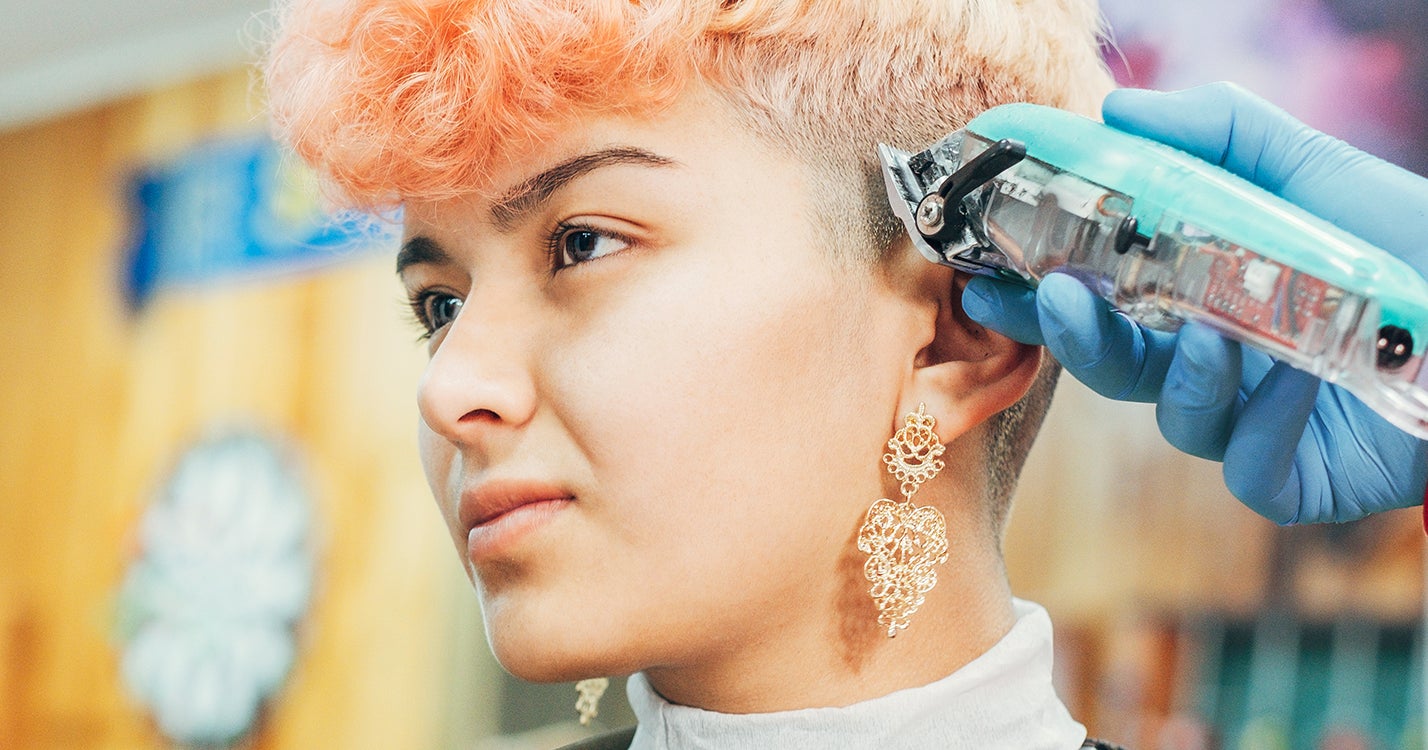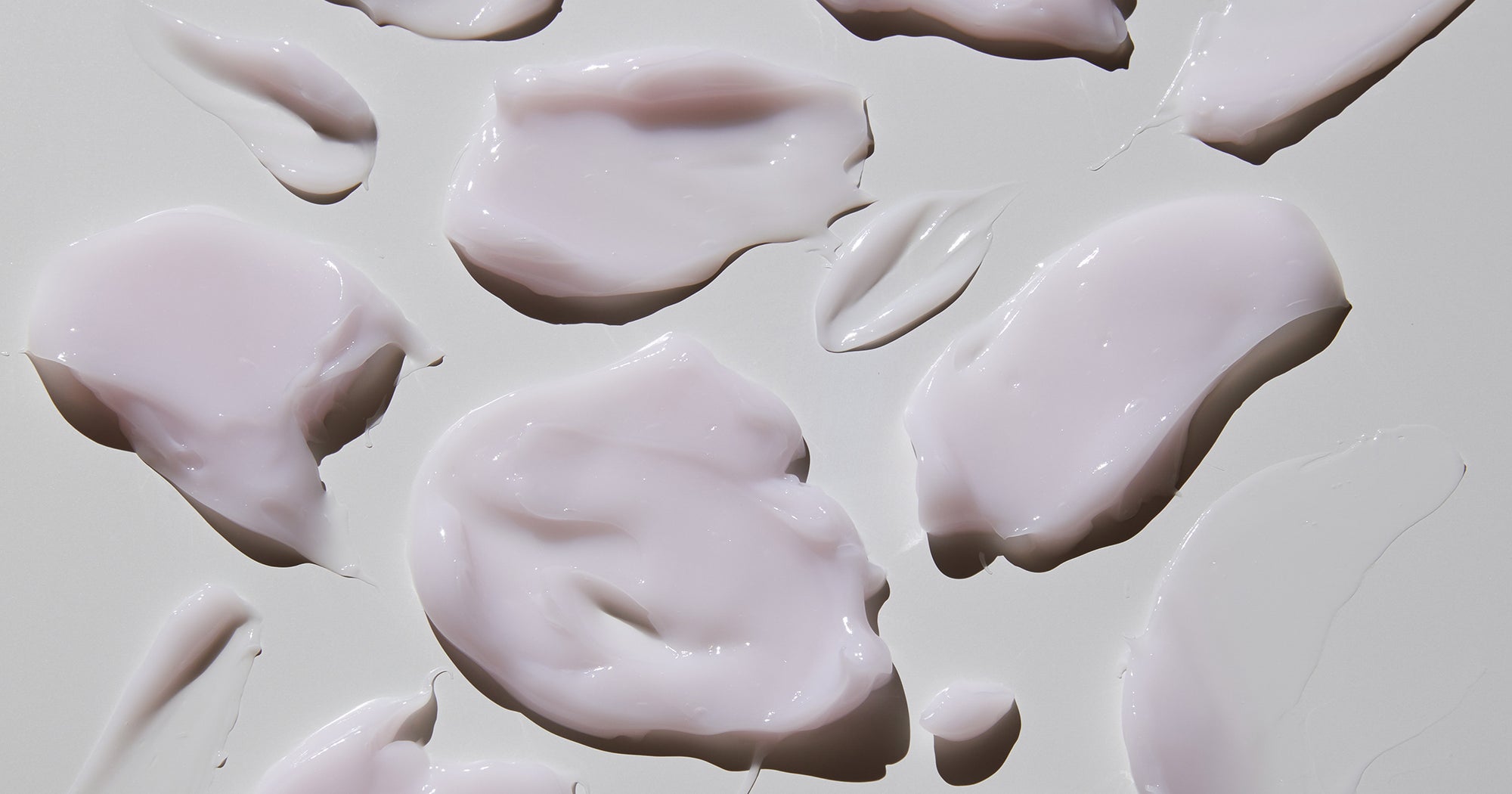Director Steven Soderbergh speaks on stage during the presentation of his film Mr Kneff at the 58th Karlovy Vary International Film Festival (KVIFF) in Karlovy Vary, Czech Republic, on June 30.MICHAL CIZEK/Getty Images
Steven Soderbergh will talk about anything – his films, his industry, and all the sex, lies and videotape in between. Unlike just about every other filmmaker working inside the studio system today, Soderbergh will only sit down for interviews that are, at the very least, 45 minutes long – a welcome break from the modern movie-junket experience, in which talent is hustled in and out of hotel rooms (or, more often, Zoom windows) in seven- to 10-minute intervals. But Soderbergh is also well aware that he is only able to establish such ground rules because he has broken so many others.
Who you gonna call? Steven Soderbergh plays Ghostbuster with sly new thriller Presence
“The goal is to not step on any land mines, to escape without something that’s going to chase you for the rest of your life,” the director said one morning this past September, after attending the Toronto International Film Festival premiere of his new thriller, Presence. “You have to imagine everything you say in the equivalent of 72-point type in the New York Post. You have to be candid without being cavalier.”
One of the most prolific filmmakers of his generation – he’s been averaging one film a year since coming out of “retirement” in 2017, not counting a few television series, a gig directing the Academy Awards and one full-fledged app (tied to his miniseries Mosaic) – Soderbergh is Hollywood’s most successful rogue. He is just as comfortable delivering crowd-pleasing star vehicles (the Ocean’s series, Magic Mike) as he is pulpy thrillers (Haywire, Side Effects, the forthcoming spy flick Black Bag) and wild genre fare that experiments with form and technology (Unsane, High Flying Bird). If there is one watermark to a Soderbergh project, it is his idiosyncrasy, no matter the genre, budget, format or star power.
As it happens, Presence, which opens in Canadian theatres this weekend, operates on all those levels. A haunted-house story shot entirely from the perspective of the spirit (with Soderbergh himself operating as the cinematographer and camera operator), the thriller stars Lucy Liu and Chris Sullivan as the parents of two troubled teens whose move into a new home sets off a chain of disastrous events. As the camera/ghost follows the family – floating around the estate with an eerie voyeuristic ease – Presence lands like pure Soderbergh: playful, ambitious, clever and deeply enigmatic.
In an in-depth sit-down interview with The Globe and Mail, Soderbergh spoke about the particulars of Presence, and the state of the industry that he himself helped build.
This film is an adventurous one, even for you. But I was most curious about how much of it might have been inspired by your mother, who was a parapsychologist. Given her unique profession, this is only your second movie in which there’s a supernatural element, after Solaris. Why has it taken you until now to delve into that?
I’m sure it was a reaction to growing up around it. During the age in which people were coming to the house and my mother is giving people readings, it wasn’t cool. She was ahead of the curve in a lot of these interests. So there was a reaction to that that was residual for quite a while. In this case, that specific character in Presence was important to have. And I didn’t want to make fun of that character. I wanted her to come across as sincere and not a kook. Because as flighty as my mom could be at times, she was a sincere and intelligent person. It took a long time for me to integrate that into some piece of work, but when I did I felt I needed to be fair.
It helps, of course, given the perspective the movie has. The audience knows from the start that there is indeed something supernatural going on.
You ever watch Celebrity Ghost Stories? Go find the show, because the stories people tell are terrifying. There’s one by Joe Pantoliano that is so unnerving that you get chills. My wife has claimed to have seen something when she was younger, an apparition at the foot of her bed. I haven’t had one, I’ve stayed in places where there is supposed to be activity, but never had an experience like that.
You should stay with Guillermo del Toro, who recently tweeted about his experience in a haunted hotel room.
I did see that! He clearly felt something very strong in that space. He had his phone with him, he should’ve shot something. He’d make a meal out of that. Maybe he’s still working on it.
The story for Presence came from your own original idea, so you wrote a 10-page treatment and handed it off to screenwriter David Koepp. Was there any point in which you wanted to write it yourself?
Oh, I hate writing. It’s so much more fun to do it like this where I can have this idea of shooting it. My whole life and work got better when I came to the realization that I was not a writer. I wrote to get into the industry – nobody can keep you from sitting in front of a keyboard. But between Sex, Lies and Videotape and Out of Sight, I realized I’m not a writer. I should work with writers who make everything better.
You made Kimi with David, which was a pandemic movie in all senses – shot during the pandemic, about the pandemic. Was this intended as something similar – it could be shot in small spaces, with a limited cast?
No, it was because David is very good at what he calls “box movies.” He’s like, give me a small box and I’ll figure out everything that you can do inside that box. It was just the conceit that the spirit can’t leave this house.
‘My whole life and work got better when I came to the realization that I was not a writer,’ Soderbergh says.MICHAL CIZEK/Getty Images
Also, you can’t leave, either. Because the camera is really the star here, and you’re behind the camera. Meaning, effectively, you are the lead.
I was in the scenes with the cast in a very intimate way, which is already part of the way that I work because I’m the director of photography and the camera operator. But this went way beyond what was typical, because of the conceit. We found these special water slippers for me, because I needed to move around, going up and down the stairs, without making noise. I was terrified I was going to fall down the stairs. But there’s no Plan B. You live and die by the choices you make while shooting on the set, and it was like that on this more than any other film. You can’t fix it in the edit – we locked picture almost two hours after we wrapped. I’m still editing on set. I’ve had the luxury my whole career of being the decider about how we’re going to do something without people messing with me. Whether you’re starting a film or working on a series. The reason I do a series is that I direct all the episodes. A lot of people come into these jobs as series directors and are just what I call meat in a seat. They’re there to execute somebody else’s plan. That’s just not how I work. But I’m aware of how lucky I am that, if I am going to fall on a sword, it will be my own sword.
On the topic of series, how much have things changed in the television world from the time you worked on The Knick to last year’s Full Circle?
They’re just making fewer things. There’s a sense of conservatism – – generally people are not as adventurous as they were 10 years ago. But that’s a function of the contraction that we’re seeing. Everybody knew that what was happening in streaming was unsustainable. It was the Wild West, and I was very conscious that it was not going to last forever. They were making too many things and people were getting paid too much money.
But take advantage of it while you can …
Absolutely! What, you’re going to call a town meeting and tell everybody to slow down and take less money? That’s not going to happen. So COVID was a part of that. The strikes contributed to a sense of tightening up, too. Again, I’m lucky. Creatively, I get to have things the way that I want to. I didn’t see a lot of creative difference on the projects that I ended up getting made. But I’m in the process now of trying to take a few things out as a producer, and there’s no question that people aren’t as willing to take risks as they were six or seven years ago.
Presence was bought by the U.S. distributor Neon out of Sundance, and they seem to be one of the last bastions of strength in the so-called indie-film sector, along with A24.
Not the last bastions, because I’m hopeful we’ll see more of this. In talking with people at Neon, at A24, at Focus, where I’m finishing my new movie Black Bag, they’re seeing young people come back to the movies, and if that trend continues, you’ll see more players in that space, which would be great. There are two reasons I’m happy about the success of A24 and Neon. One is that it indicates that there’s still independent cinema that’s alive. And the other is that it proves you can be Miramax without the toxicity of Harvey Weinstein.
It’s also helpful in seeing these distributors release movies theatrically so that audiences get a clear indication of their success. The box office does, for better or worse, create a conversation, unlike a streaming film, whose numbers are either indecipherable or held in a black box of streaming data.
Yeah, because it feels real. In the pure streaming context, there is this aspect of, “Can I trust this?” They throw out these numbers that seem astronomical – 330 million hours viewed! That’s interesting, but I don’t know how to place it in the context of that business because they won’t let us look under the hood. Was spending this much money to get that many eyeballs worth it? It’s not a P&L statement. It’s weird and unsettling.
Is that the feeling you had after making two films for Netflix?
My experience with them was good. Everybody did what they said they were going to do. High Flying Bird, they bought when it was done, so it was a much smaller experience than The Laundromat. In that case, [Netflix executive] Scott Stuber and I e-mailed directly back and forth and he watched every cut, and that was great.
On getting younger people back into movie theatres, one thing that seems to be helping that conversation is commentary through the app Letterboxd. You’re a consummate list-maker, documenting every single thing you watch over the course of a year and releasing the list afterward. Have you tooled around with Letterboxd?
No, I haven’t, but it sounds great and I’m aware that it’s a thing. But it falls into that category of stuff that I just can’t get sucked into. There are just so many hours in a week, and I’ve got to be smart about my time management. Most of the spare time I have, I’m probably reading. I watch stuff as well, but the best reset for me is to read. It de-stresses me. So the idea of spending 40 minutes of free time on Letterboxd, that’s not a de-stressor. I need to mentally disappear.
This interview has been edited and (greatly) condensed.















